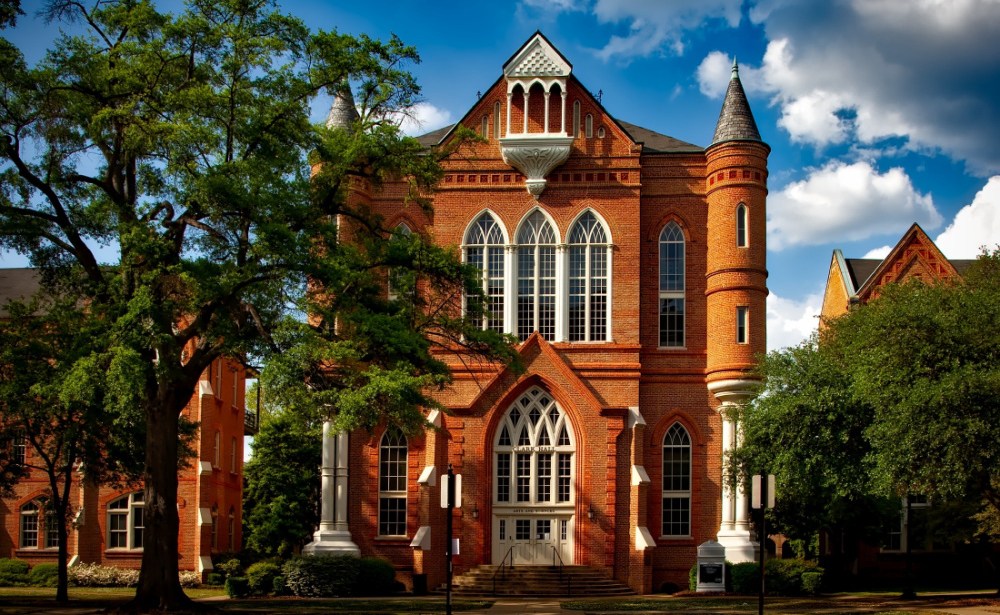You may have heard a great deal about charter schools lately. They have been in the news a lot. Some parents, teachers, and administrators feel like they’re an excellent idea. Others are not so enthusiastic about them.
How do you feel about charter schools, Utah? Near me, you can probably find suitable ones if you think that’s the best atmosphere for your child.
Before you enroll your kids in one, though, you should learn a little more about charter schools and how they get their funding.
What Are Charter Schools?
First, let’s make sure you understand the basic charter school concept. A charter school is an institution of learning that is established by teachers, parents, and community groups.
The main difference between a charter school and a regular public one is that charter schools may have a modified or different curriculum than one that’s not considered to have a charter designation. There’s usually a national or local authority that has a say in what is taught at that school and what the teachers and other faculty members there emphasize.
How Do They Get Their Money?
Charter schools are not private schools. Private schools get their funding entirely from private sources, while charter schools get their money through public tax levies.
In other words, if you live in a city, township, or some other kind of community, and you’re a homeowner, then you pay money in taxes every quarter (or every year) that goes to funding charter schools. You’re paying to fund regular public schools that are not considered to be charter schools as well.
Do They Get Funds in Any Other Ways?
Charter schools do not just get their money through public funds, though. They also get additional money through aggressive fundraising campaigns. That is because, for the most part, charter schools do not get as much cash through public tax levies as regular public schools.
Without a combination of money through public tax levies and the additional cash that comes in through fundraising, most charter schools cannot function. They don’t have the funding for teachers, equipment, books, and everything else they need without these income streams working in tandem.
Charter schools often have many events on their calendar that they use as ways of generating additional funds. They might have bake sales or book sales. They may encourage parents and others to sponsor kids who take part in fun runs or similar sporting events.
Charter schools are sometimes preferable for parents not just because of the curriculum and smaller class sizes but because of this fundraising. The kids who attend these institutions and their parents have the incentive to care more about the schools because they take a hands-on role in coming up with the money that keeps the school going.
Many kids and parents who become involved with charter schools report a more satisfactory experience than those who attend regular public schools. The individual attention and better resources can translate to a more personalized and rewarding learning experience.


